Over the past year, Sysco has dropped 11%, bringing its current trading price close to its 52-week low. Now, let's jump straight to my stock valuation spreadsheets. As always, I plug in Sysco's ticker, and all the key metrics populate automatically. If you want to download these spreadsheets, you can do so using the link in the description. https://youtu.be/F4GW43kKMJs?si=AplAS40wsQpQTtVx
Dividend Yield & Payout Ratio: Mixed Signals?
Sysco boasts a starting dividend yield of 2.86%, which is relatively high. However, one red flag is its trailing free cash flow payout ratio, currently sitting at 56.57%. While high payout ratios can be concerning, Sysco operates in a less innovative sector, making this level of payout somewhat acceptable.
The Nine-Pillar Analysis: Sysco Scores 5/9
Moving straight to my nine-pillar analysis, Sysco gets a rating of five out of nine, with four pillars in the red. As I always say, the most important factor for long-term value investors is financial growth. Looking at Sysco’s five-year growth rates:
- Revenue CAGR: 10.10%
- Free cash flow growth: 12%
- Net income growth: 40%
The numbers tell a story of consistent financial expansion. Revenue jumped from $51 billion in 2020 to $80 billion in 2024, while net income grew from $524 million to $1.9 billion. Free cash flow increased as well, indicating strong operational efficiency.
However, despite this growth, the stock has fallen 6.51% over the past five years. This disconnect suggests the market may be irrational in valuing Sysco.
Profit Margins & Capital Efficiency: A Hidden Strength?
Sysco’s five-year profit margin sits at just 2%, below the preferred 10% threshold. However, it’s normal for companies in Sysco’s industry to operate with low margins. Encouragingly, Sysco’s profit margin has improved from 1% in 2020 to 2.40% in 2024—a 100% increase.
Additionally, Sysco's return on invested capital (ROIC) has jumped from 6.18% to 14.24%, indicating greater efficiency in generating returns. The company is spending less to make more, which is a great sign.
Sysco’s Valuation: Discounted Compared to History
Now, let’s examine price-to-earnings (P/E) ratio and price-to-free cash flow:
- Five-year P/E ratio: 42.65, meaning investors paid $42 for every $1 of Sysco’s net income
- Current P/E ratio: 18.42, which is more than 50% lower than the five-year average
This significant drop suggests that Sysco is trading at a huge discount compared to historical values.
Similarly, Sysco’s price-to-free cash flow ratio is now 16.7, well within the range of fair valuation. Based on these metrics, Sysco appears undervalued.
Debt Levels: A Cause for Concern?
One area to watch is long-term liabilities. Sysco’s five-year free cash flow minus dividends gives it a debt coverage ratio of 4.60, meaning it would take over 20 years to pay off its long-term debt. While this isn’t ideal, Sysco’s consistent financial growth helps mitigate the risk.
Dividend Growth: Slow but Promising
Sysco’s five-year dividend CAGR sits at a low 2.22%, trailing many competitors. However, its dividend yield of 2.86% compensates for this slow growth. More importantly, its free cash flow payout ratio has been declining, signaling future dividend increases could be possible.
Intrinsic Valuation Models: Is Sysco a Buy?
Now, let’s run Sysco through four valuation models to determine its intrinsic value.
GRS Formula Revised
Using earnings growth estimates, we get an intrinsic value of $54.50, 24% lower than the current trading price.
Discounted Cash Flow Model
Based on 8.3% projected free cash flow growth and a 7.32% discount rate, Sysco’s intrinsic value comes out at $88.60, above the current price.
Multiples Valuation
Comparing Sysco to competitors, we derive an intrinsic value of $129.10, showing significant undervaluation.
Dividend Discount Model
Projecting dividend growth at 3.67%, we estimate an intrinsic value of $57.95.
Final Verdict: Sysco’s Stock Looks Undervalued
Averaging out all four valuation models, Sysco’s intrinsic value is estimated at $82.50, which is 15% above the current price. Applying a 10% margin of safety, an acceptable buy price would be around $74.20.
More Stocks Like Sysco
| Company Name |
Symbol |
Why It's Better Than SYY |
| US Foods Holding Corp. |
USFD |
US Foods has a more aggressive growth strategy and a stronger presence in the independent restaurant sector. |
| Performance Food Group |
PFGC |
PFGC has demonstrated higher revenue growth and better operational efficiency compared to Sysco. |
| Chefs' Warehouse |
CHEF |
Specializing in high-end food distribution, Chefs' Warehouse benefits from premium pricing and niche market dominance. |
| United Natural Foods |
UNFI |
UNFI has a strong focus on organic and natural foods, aligning with growing consumer trends toward healthier eating. |
| The Andersons |
ANDE |
Diversified across agriculture and food distribution, Andersons offers stability and exposure to multiple revenue streams. |
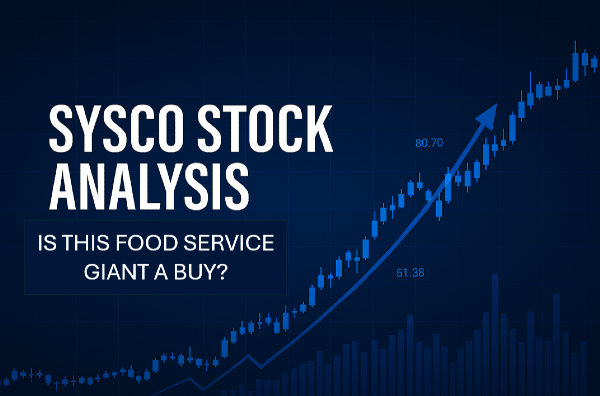

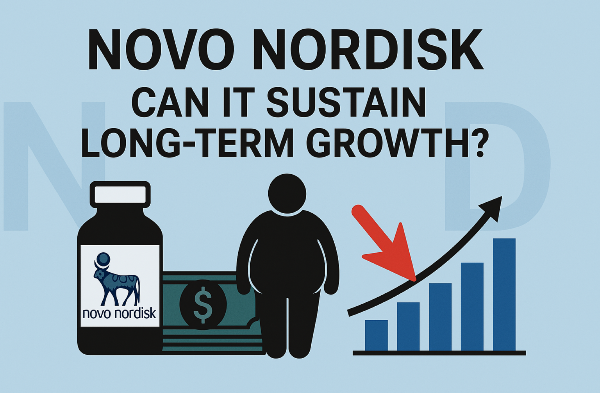
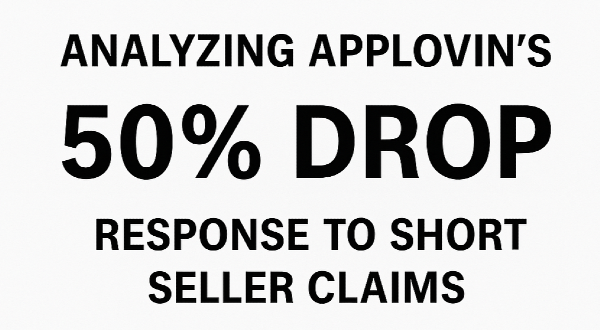
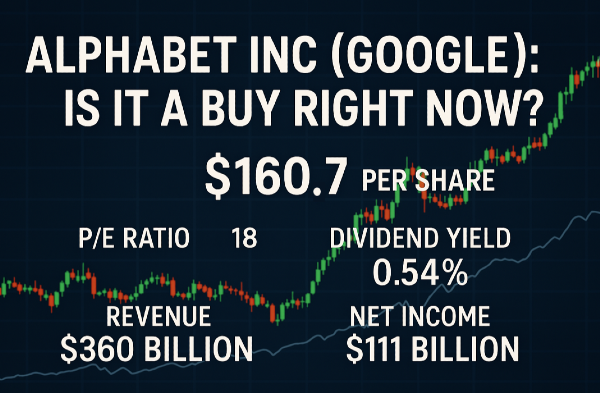
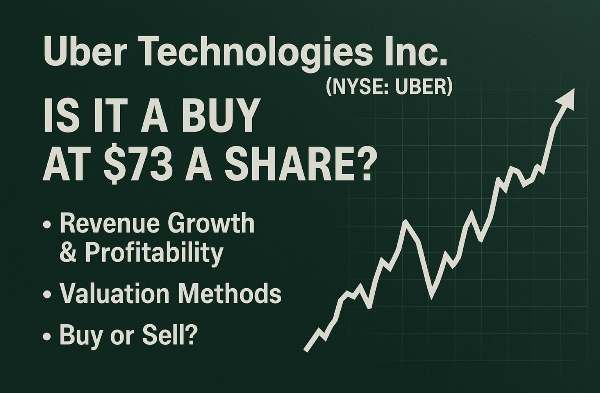
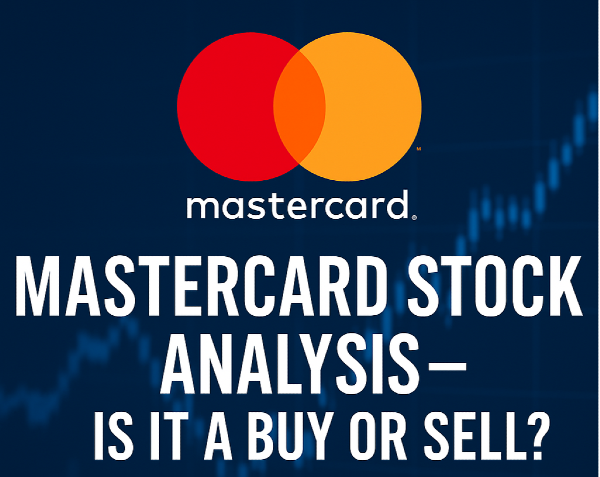
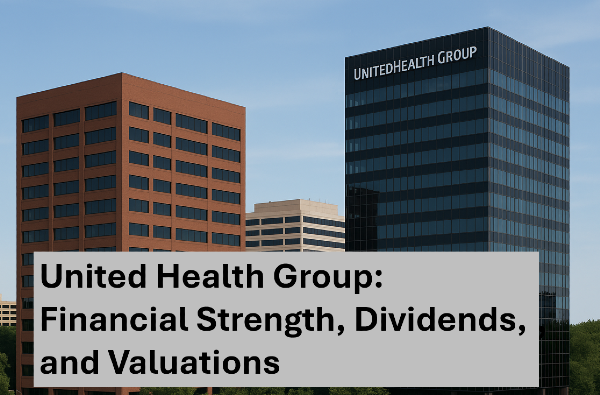
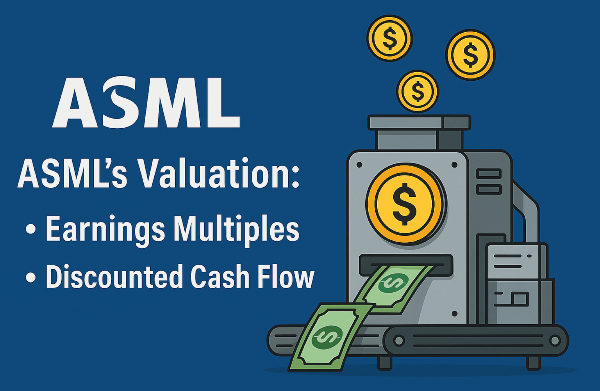
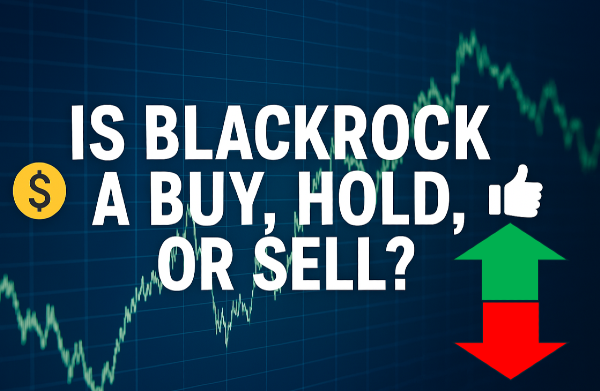
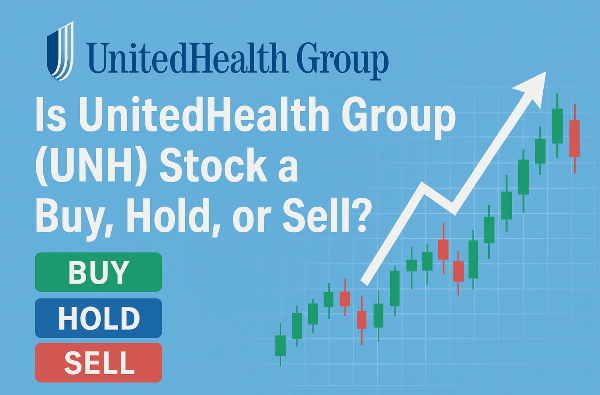
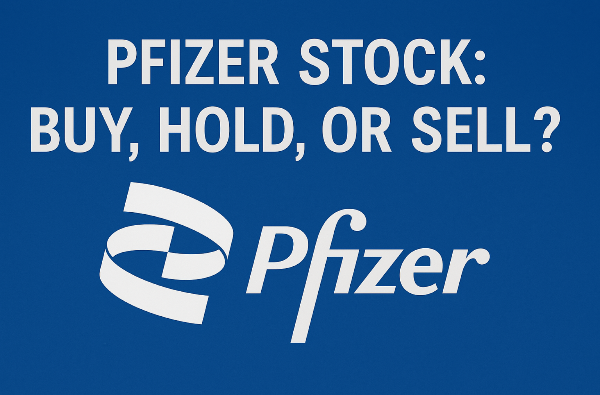
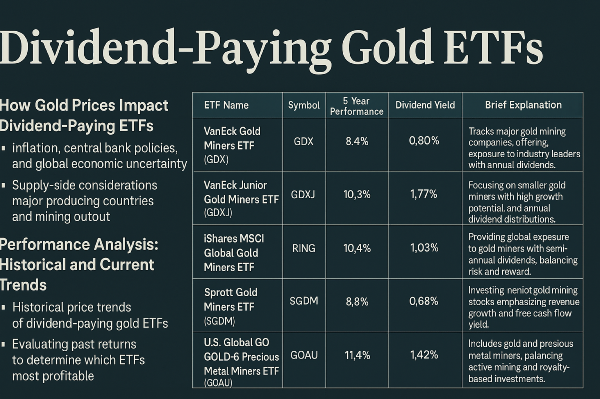
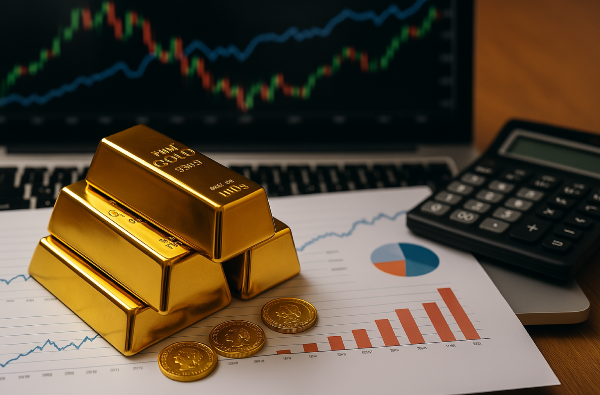
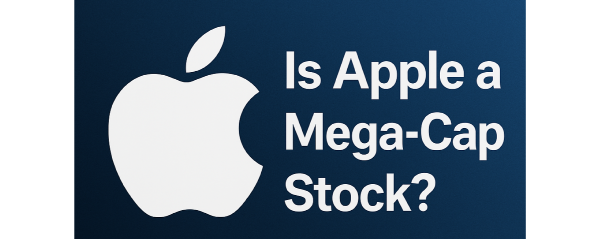
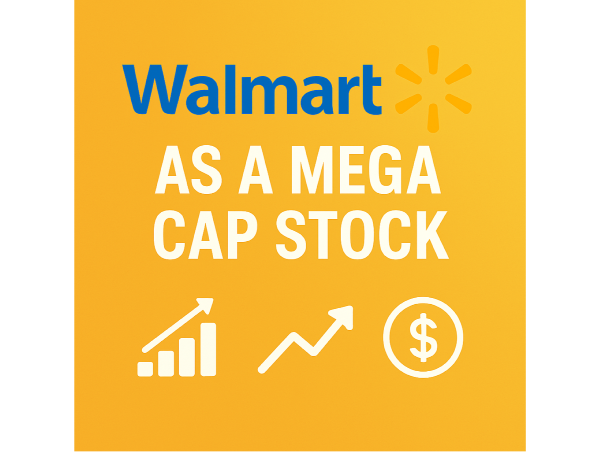
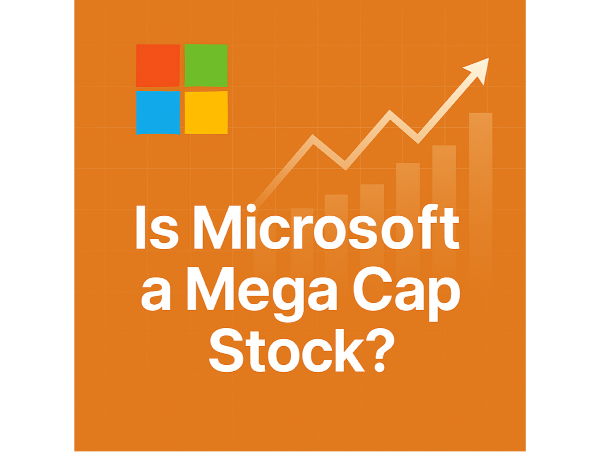

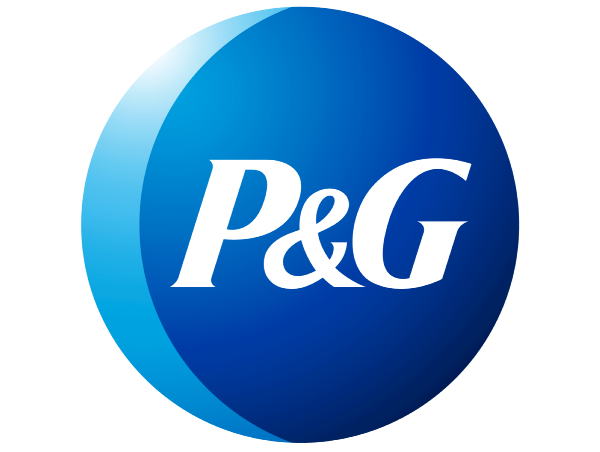

Over the past year, Sysco has dropped 11%, bringing its current trading price close to its 52-week low. Now, let's jump straight to my stock valuation spreadsheets. As always, I plug in Sysco's ticker, and all the key metrics populate automatically. If you want to download these spreadsheets, you can do so using the link in the description. https://youtu.be/F4GW43kKMJs?si=AplAS40wsQpQTtVx
Dividend Yield & Payout Ratio: Mixed Signals?
Sysco boasts a starting dividend yield of 2.86%, which is relatively high. However, one red flag is its trailing free cash flow payout ratio, currently sitting at 56.57%. While high payout ratios can be concerning, Sysco operates in a less innovative sector, making this level of payout somewhat acceptable.
The Nine-Pillar Analysis: Sysco Scores 5/9
Moving straight to my nine-pillar analysis, Sysco gets a rating of five out of nine, with four pillars in the red. As I always say, the most important factor for long-term value investors is financial growth. Looking at Sysco’s five-year growth rates:
The numbers tell a story of consistent financial expansion. Revenue jumped from $51 billion in 2020 to $80 billion in 2024, while net income grew from $524 million to $1.9 billion. Free cash flow increased as well, indicating strong operational efficiency.
However, despite this growth, the stock has fallen 6.51% over the past five years. This disconnect suggests the market may be irrational in valuing Sysco.
Profit Margins & Capital Efficiency: A Hidden Strength?
Sysco’s five-year profit margin sits at just 2%, below the preferred 10% threshold. However, it’s normal for companies in Sysco’s industry to operate with low margins. Encouragingly, Sysco’s profit margin has improved from 1% in 2020 to 2.40% in 2024—a 100% increase.
Additionally, Sysco's return on invested capital (ROIC) has jumped from 6.18% to 14.24%, indicating greater efficiency in generating returns. The company is spending less to make more, which is a great sign.
Sysco’s Valuation: Discounted Compared to History
Now, let’s examine price-to-earnings (P/E) ratio and price-to-free cash flow:
This significant drop suggests that Sysco is trading at a huge discount compared to historical values.
Similarly, Sysco’s price-to-free cash flow ratio is now 16.7, well within the range of fair valuation. Based on these metrics, Sysco appears undervalued.
Debt Levels: A Cause for Concern?
One area to watch is long-term liabilities. Sysco’s five-year free cash flow minus dividends gives it a debt coverage ratio of 4.60, meaning it would take over 20 years to pay off its long-term debt. While this isn’t ideal, Sysco’s consistent financial growth helps mitigate the risk.
Dividend Growth: Slow but Promising
Sysco’s five-year dividend CAGR sits at a low 2.22%, trailing many competitors. However, its dividend yield of 2.86% compensates for this slow growth. More importantly, its free cash flow payout ratio has been declining, signaling future dividend increases could be possible.
Intrinsic Valuation Models: Is Sysco a Buy?
Now, let’s run Sysco through four valuation models to determine its intrinsic value.
GRS Formula Revised
Using earnings growth estimates, we get an intrinsic value of $54.50, 24% lower than the current trading price.
Discounted Cash Flow Model
Based on 8.3% projected free cash flow growth and a 7.32% discount rate, Sysco’s intrinsic value comes out at $88.60, above the current price.
Multiples Valuation
Comparing Sysco to competitors, we derive an intrinsic value of $129.10, showing significant undervaluation.
Dividend Discount Model
Projecting dividend growth at 3.67%, we estimate an intrinsic value of $57.95.
Final Verdict: Sysco’s Stock Looks Undervalued
Averaging out all four valuation models, Sysco’s intrinsic value is estimated at $82.50, which is 15% above the current price. Applying a 10% margin of safety, an acceptable buy price would be around $74.20.
More Stocks Like Sysco